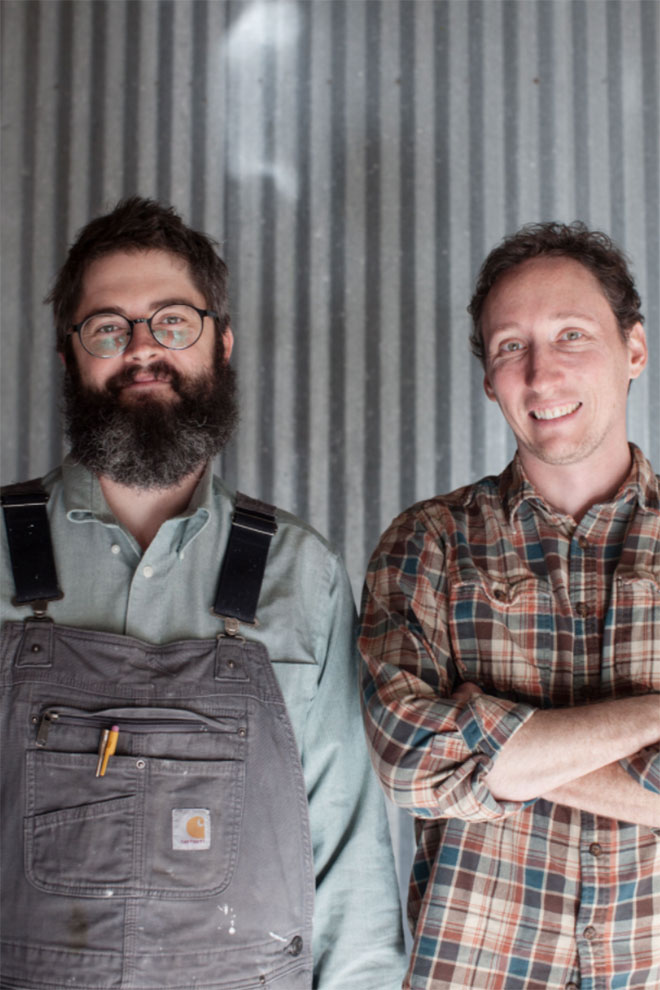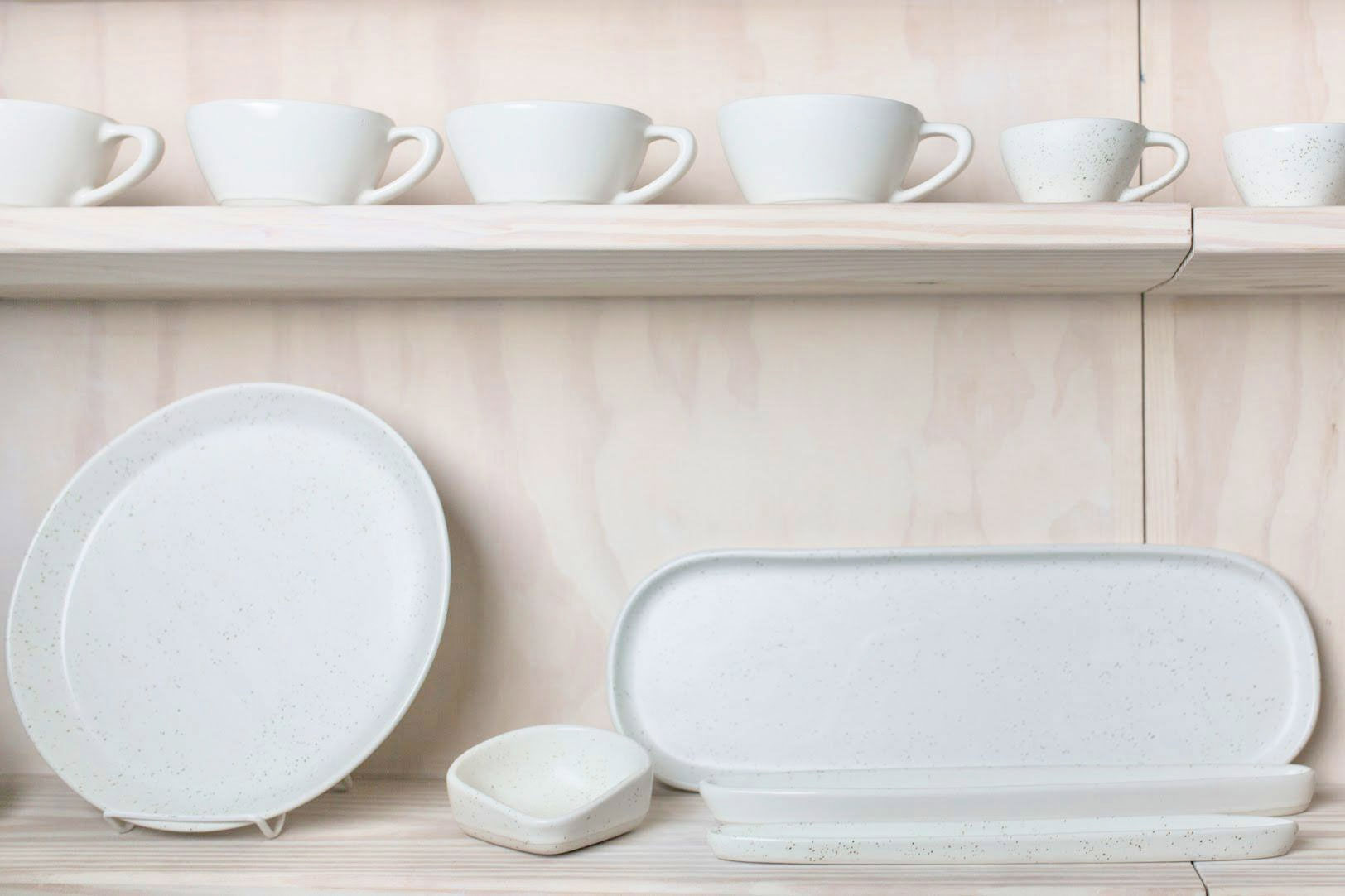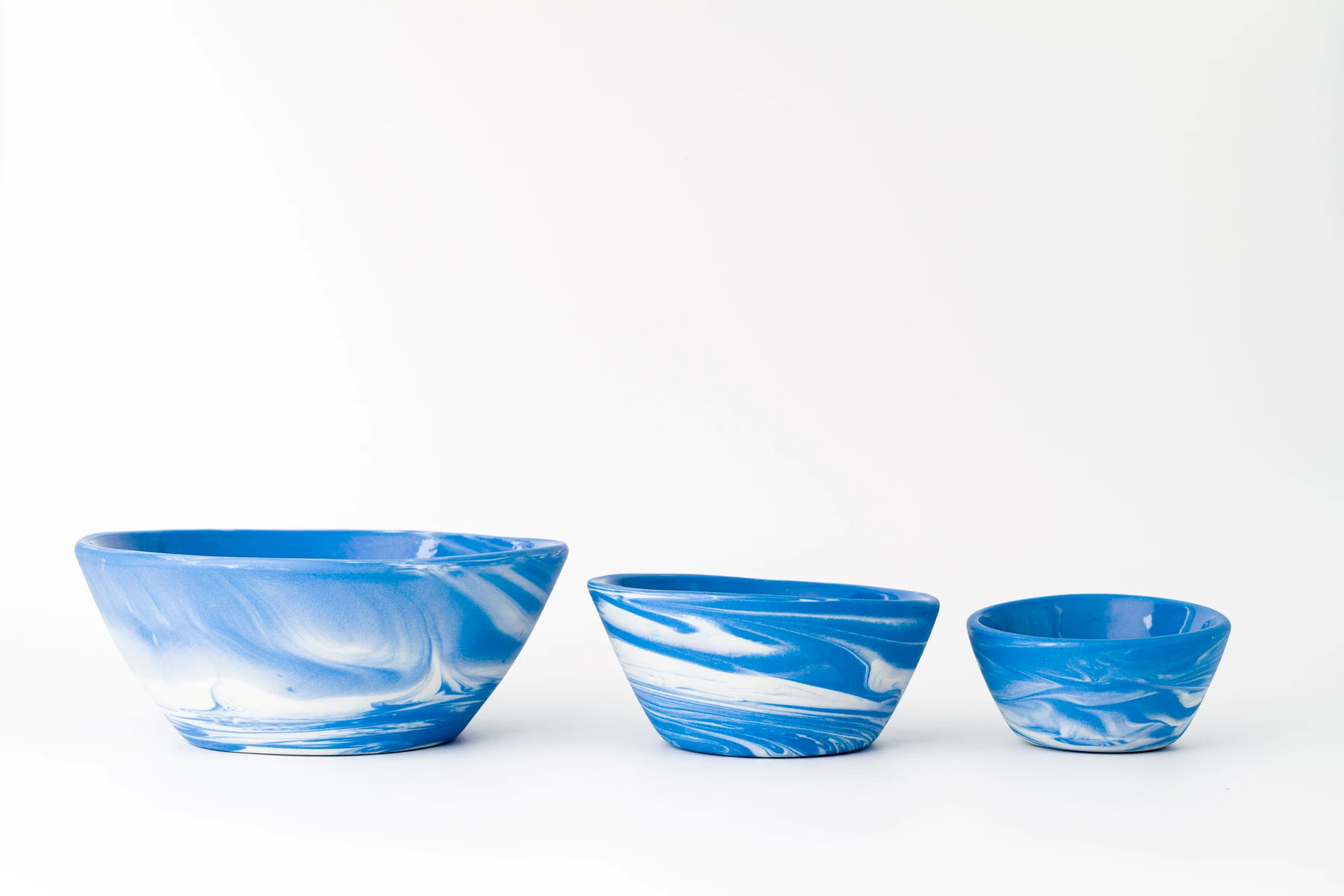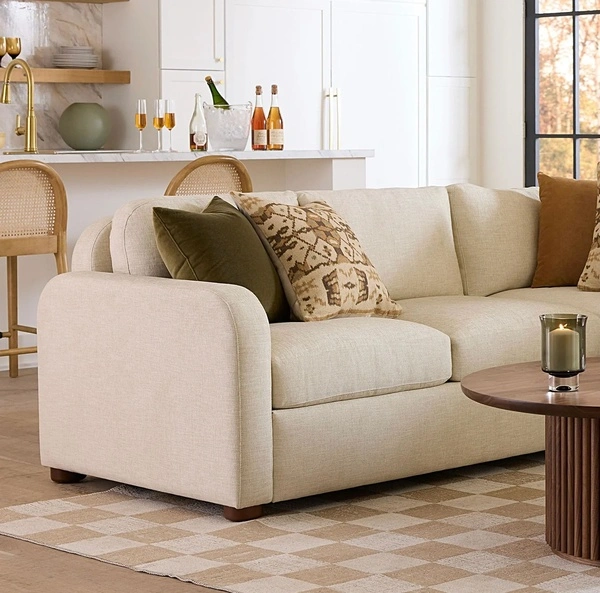Haand was started in 2012 by Mark Warren and Chris Pence, friends who met in high school in Jacksonville, Florida circa 1999. “Chris is in charge of operations and production, I do all the product designs and creative direction,” explains Warren.

The brand was founded “to make objects with a soul that live in your home with you and improve your everyday life.” And for the first few years of its existence, Warren and Pence hustled at gift shows and craft fairs to keep their heads above water.
Then in 2015, Haand found itself becoming a supplier to restaurants across the country. “The first restaurant we did was in Raleigh,” recalls Warren. “We were connected to her through a sales rep who sold to restaurants in NC, SC and VA, he had seen us in Southern Living and shot us an email out of the blue.”
From there the business grew from word of mouth and the hard work of that first sales rep who introduced Haand to more and more cities through his friends and connections.

Supplying some of the best restaurants in the United States was hugely exciting and fulfilling for Haand. But both founders were keen to return to the roots of the business and find a way to shift focus back towards home consumers.
In early 2020 Warren and Pence started talking seriously about what it would take to move back towards ecommerce and get Haand pieces into more homes. This plan was accelerated when Covid-19 shut down the restaurant industry.
“By the end of the month [March 2020] it was radio silence from almost every single restaurant customer we had,” says Warren. “It became very clear very quickly that to survive we needed to build our ecommerce business.”
“It became very clear very quickly that to survive we needed to build our ecommerce business.”
With hospitality revenues down by 90% in 2020, Haand's pivot towards direct-to-consumer and ecommerce became a "hail-mary" play to save the company… and it worked.
Haand scaled its direct-to-consumer business by over 500% from 2019 to 2020, making the majority of that revenue in Q3 and Q4 of 2020. This pivot has stabilized the company and positioned it for future success.
The direct-to-consumer shift has impacted the way Haand operates “in almost every way imaginable,” says Warren. “We have had such a higher demand that we have hired five new people over the past two months, expanded our shipping and customer satisfaction departments, web development, social media, marketing, on and on.”

But despite the success, Haand isn’t looking to go all in on growth.
“We don't want to grow too quickly so we can continue making every piece by hand. It is the best way to make sure every piece has a soul,” says Warren. “That soul comes from the care and intention of the craftsperson making the piece, and the best way to do that is to directly touch and work each piece by hand.”
“We don't want to grow too quickly so we can continue making every piece by hand. It is the best way to make sure every piece has a soul.”
For Warren, growth is all about how the business can increase its positive impacts on the world. “We are not trying to grow just for growth's sake, we want to do so in a manageable way that gives more jobs to our community, and to make our way into more people's homes with our products.”
“We have this perspective on growth: the bigger you are, the more people you can positively impact,” he says.
Warren is also keen to build a company people enjoy working at and wants to create meaningful jobs for the team. Both Warren and Pence have had jobs that were “bad and sometimes soul crushing,” he recalls. “So we try really hard to give people the space to flourish and learn a craft every day that they come in.”

Every Haand product is (unsurprisingly) made by hand. The whole process from prototyping and design to casting and glazing takes place at its studio in Burlington, NC.
The company is also conscious of its environmental impact and aims to create as little waste as possible.
“Pottery is pretty low impact since you are basically working with natural materials,” explains Warren. But Haand takes every step it can to reduce waste — from really efficient kilns to its proprietary dip-glazing application process that produces zero waste. Warren also shared that Haand recycles almost every scrap from its production process and about 20% of each finished piece contains reused scraps from past production.
Complete 5-piece dining sets from Haand start at $135, with individual dinner plates and bowls starting at $45 and $21 respectively.












